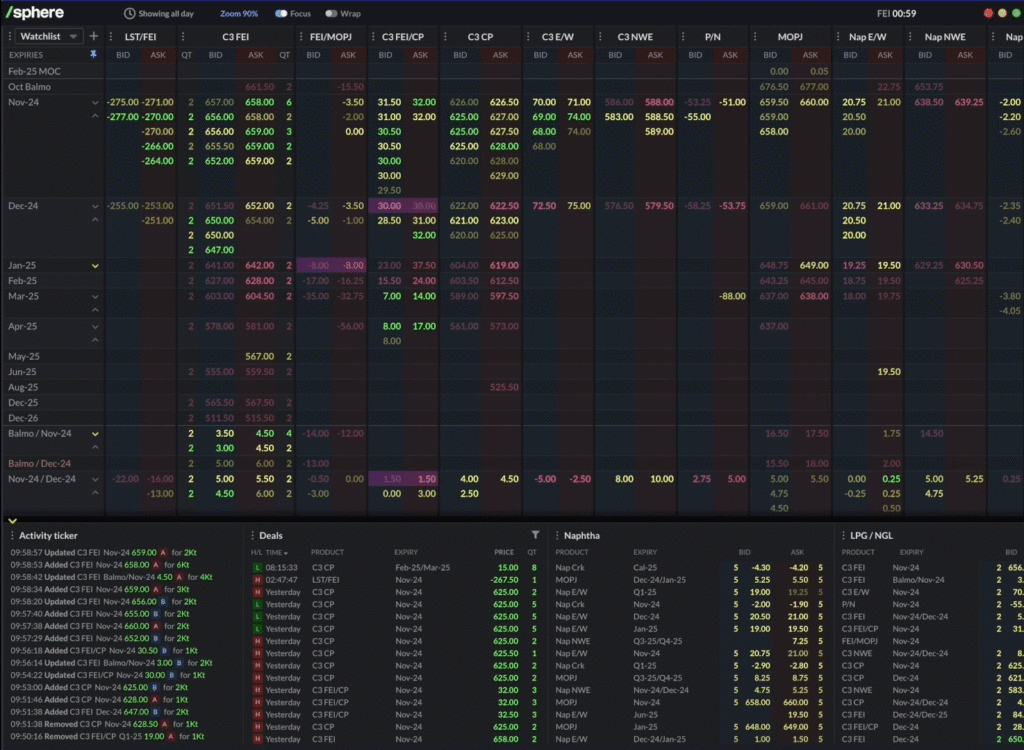“In today’s world, we’re all connected. We have mobile phones, we have computers, and we can interact in real time. We need to bring that same connectivity to the energy business.”
That was the challenge laid out by Rebecca Hofmann, CEO of Blockchain for Energy. Her point is simple. The energy industry can no longer afford to operate on a delay. The rest of the world runs in real time, and so should the energy industry.
This transition is already underway. As the grid becomes more complex, the volume, speed, and variety of data entering the system are growing rapidly. Energy companies are already starting to use live feeds from field sensors, as well as millions of smart meters.
To prepare for an even more complex future, and to make sense of this data deluge, companies are turning to talent from outside the industry. People who have already faced these challenges head-on in other sectors. The kind of talent you find in big tech.
Sean Kelly, CEO of Amperon, a leading energy forecasting company, has made a point of hiring data scientists and engineers who are used to working at speed and scale:
“When we say big data in energy and we get excited about 15-minute cadence, people from mobile or tech companies are like, what? My iPhone updates in milliseconds. But that’s exactly why we need them. If you’re used to handling that kind of volume and speed, the problems we’re facing in energy should feel relatively easy.”
While this kind of talent may not have direct energy expertise, a willingness to learn and a genuine passion go a long way. “Most of our team didn’t start in energy, but they bring the curiosity and hustle to dive in and make an impact fast.” He also notes that they’ve seen more success hiring data scientists in Europe for renewables forecasting, possibly reflecting a stronger cultural urgency around the energy transition.
At Cititec, we’ve seen the shift firsthand. Historically, tech and data functions were siloed and reactive. Today, they’re embedded across every facet of the energy market. There’s no longer a divide between “tech companies” and “energy companies.” Energy is becoming a tech business. In a sense, every energy company is now a data company.
Take Amperon, for example, which ingests weather data from 40,000 global points, each updating hourly or more. It combines that with public market data, software vendor feeds, and live inputs from over 40 million electricity meters, all to provide a real-time view of supply and demand.
If energy is going to keep pace with the real-time world around it, it needs more than infrastructure. It needs talent that knows how to think at scale, move fast, and build the systems that keep up.
Looking for more insights?
Get exclusive insights from industry leaders, stay up-to-date with the latest news, and explore the cutting-edge tech shaping the sector by subscribing to our newsletter, Commodities Tech Insider.





